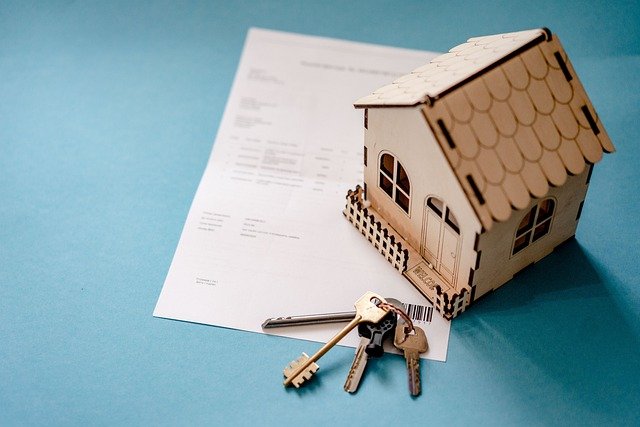Decoding the Impact of Urbanization on Real Estate Market Dynamics
Introduction: Urbanization is a phenomenon that has been shaping our world for centuries. Rapid global urban growth, particularly in emerging economies, is influencing real estate markets in ways that were unimaginable just a few decades ago. This article delves into the effects of urbanization on real estate, exploring the challenges and opportunities that this trend presents to buyers, sellers, and investors alike.

The Context: Urbanization and its Historical Impact
Urbanization is not a new phenomenon. Since the advent of the Industrial Revolution, populations have been migrating from rural to urban areas in search of better opportunities. This trend has continued into the 21st century, and according to the United Nations, 68% of the world’s population is projected to live in urban areas by 2050. This mass migration has had a profound impact on real estate markets worldwide, with city properties often commanding higher prices due to increased demand.
How Urbanization Influences Current Real Estate Market Trends
The influence of urbanization on the real estate market is multifaceted. On one hand, it leads to increased demand for housing and commercial spaces in urban areas, thereby driving up prices. On the other hand, it also creates new development opportunities for investors. New infrastructure projects, such as public transportation and utilities, often follow urban growth, creating a ripple effect on the real estate market.
The Double-Edged Sword: Opportunities and Challenges
The urbanization trend presents a double-edged sword for the real estate market. On the positive side, urban growth opens up numerous investment opportunities. Developers and investors can capitalize on the increasing demand for housing and commercial spaces, resulting in potentially high returns. However, this trend also comes with challenges. Rapid urbanization can lead to overpopulation and strain on resources and infrastructure, potentially leading to a decrease in the quality of life and property values over time.
Urbanization’s Impact on Buyers, Sellers, and Investors
For buyers, urbanization can mean higher property prices, particularly in city centers. However, it also often results in improved infrastructure, increased job opportunities, and better amenities. For sellers, urban growth can increase the value of their properties, particularly if they are located in or near areas of rapid development. For investors, urbanization offers both opportunities and risks. While it can lead to high returns, the risk of overpopulation and potential for market saturation should not be overlooked.
The Future Outlook: Urbanization and the Real Estate Market
The trend of urbanization shows no signs of slowing down, and its impact on the real estate market is likely to continue. To navigate this changing landscape, buyers, sellers, and investors alike must stay informed about market trends and be prepared to adapt their strategies accordingly. Understanding the effects of urbanization can help stakeholders make informed decisions and capitalize on the opportunities this global trend presents.
In conclusion, urbanization is a powerful force that is shaping the real estate market. Its effects are complex and multifaceted, presenting both opportunities and challenges. By understanding these dynamics, stakeholders can make informed decisions and position themselves for success in the evolving real estate landscape.




